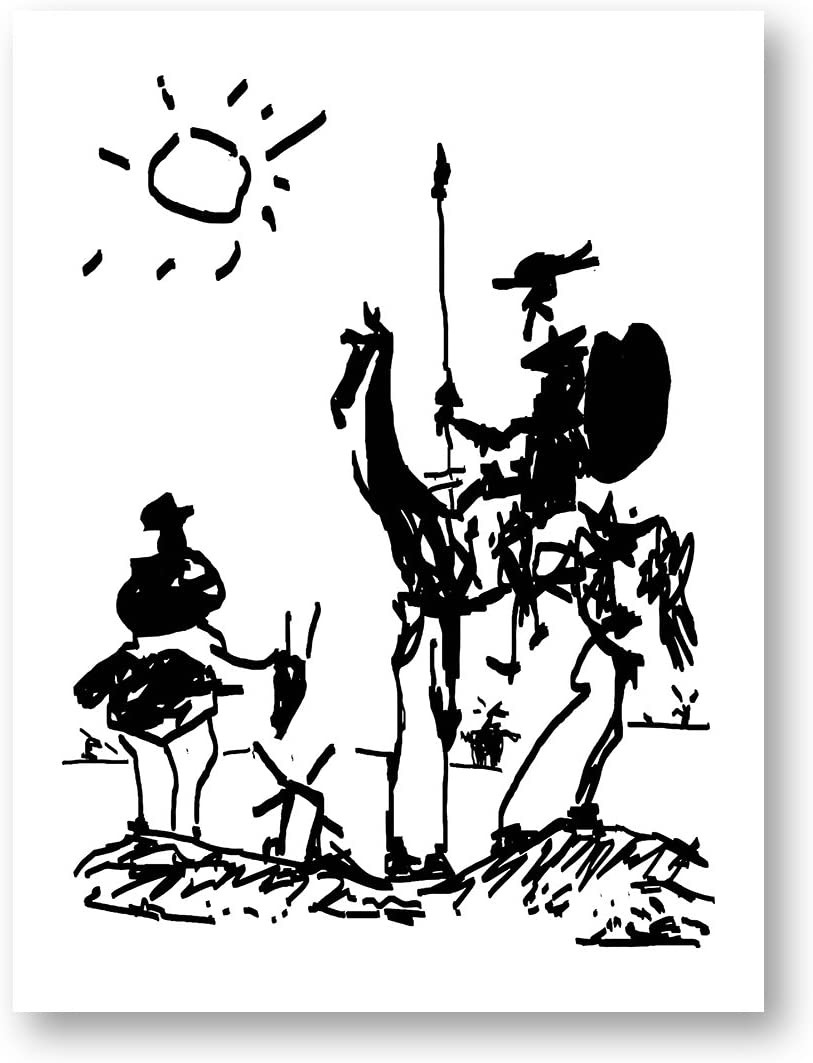https://web.hypothes.is/help/annotating-youtube-videos-with-the-hypothesis-lms-app/
Walkthrough for how to add YouTube Videos into LMS assignments for annotation with H.
https://web.hypothes.is/help/annotating-youtube-videos-with-the-hypothesis-lms-app/
Walkthrough for how to add YouTube Videos into LMS assignments for annotation with H.
the ability to annotate YouTube videos directly within your Learning Management System (LMS)!
https://web.hypothes.is/blog/exciting-new-feature-annotate-youtube-videos-with-hypothesis/
Wishing this was easier within YouTube directly instead of hidden within the LMS. Of course, there's always still https://docdrop.org/ for this instead.
These ways of knowinghave inherent value and are leading Western scientists to betterunderstand celestial phenomena and the history and heritage thisconstitutes for all people.
The phrase "ways of knowing" is fascinating and seems to have a particular meaning across multiple contexts.
I'd like to collect examples of its use and come up with a more concrete definition for Western audiences.
How close is it to the idea of ways (or methods) of learning and understanding? How is it bound up in the idea of pedagogy? How does it relate to orality and memory contrasted with literacy? Though it may not subsume the idea of scientific method, the use, evolution, and refinement of these methods over time may generally equate it with the scientific method.
Could such an oral package be considered a learning management system? How might we compare and contrast these for drawing potential equivalencies of these systems to put them on more equal footing from a variety of cultural perspectives? One is not necessarily better than another, but we should be able to better appreciate what each brings to the table of world knowledge.
To learn—A rather obvious one, but I wanted to challenge myself again.
I love that Johannes Klingbiel highlights having his own place on the Internet as a means to learn. While I suspect that part of the idea here is to learn about the web and programming, it's also important to have a place you can more easily look over and review as well as build out on as one learns. This dovetails in part with his third reason to have his own website: "to build". It's much harder to build out a learning space on platforms like Medium and Twitter. It's not as easy to revisit those articles and notes as those platforms aren't custom built for those sorts of learning affordances.
Building your own website for learning makes it by definition a learning management system. The difference between my idea of a learning management system here and the more corporate LMSes (Canvas, Blackboard, Moodle, etc.) is that you can change and modify the playground as you go. While your own personal LMS may also be a container for holding knowledge, it is a container for building and expanding knowledge. Corporate LMSes aren't good at these last two things, but are built toward making it easier for a course facilitator to grade material.
We definitely need more small personal learning management systems. (pLMS, anyone? I like the idea of the small "p" to highlight the value of these being small.) Even better if they have social components like some of the IndieWeb building blocks that make it easier for one to build a personal learning network and interact with others' LMSes on the web. I see some of this happening in the Digital Gardens space and with people learning and sharing in public.
[[Flancian]]'s Anagora.org is a good example of this type of public learning space that is taking the individual efforts of public learners and active thinkers and knitting their efforts together to facilitate a whole that is bigger than the sum of it's pieces.
Against Canvas

I love that he uses this print of Pablo Picasso's Don Quixote to visually underline this post in which he must feel as if he's "tilting at windmills".
All humanities courses are second-class citizens in the ed-tech world.
And worse, typically humans are third-class citizens in the ed-tech world.
an environment unlike anything they will encounter outside of school
Hm? Aren’t they likely to encounter Content Management Systems, Enterprise Resource Planning, Customer Relationship Management, Intranets, etc.? Granted, these aren’t precisely the same think as LMS. But there’s quite a bit of continuity between Drupal, Oracle, Moodle, Sharepoint, and Salesforce.